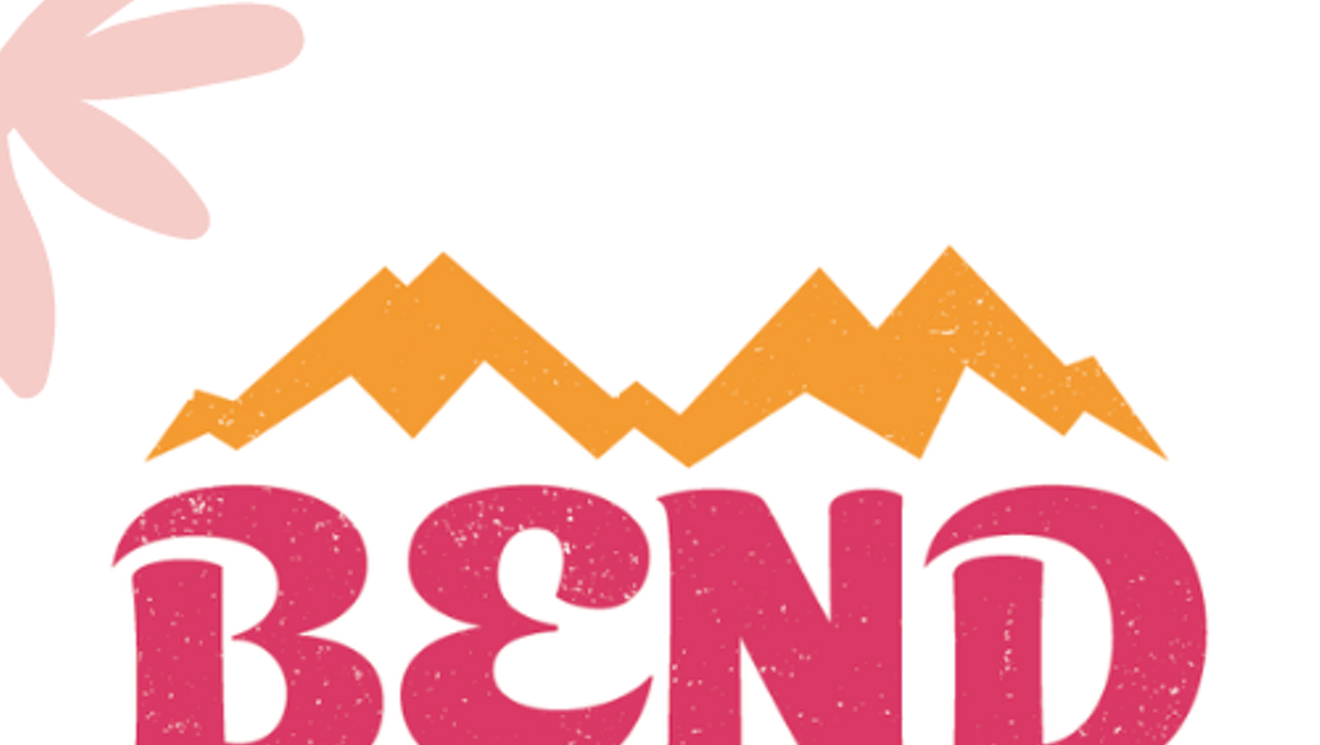Diana Adams dreamed in Tweets. One hundred and forty characters at a time, the Atlanta-based computer consultant's subconscious bubbled up. 'Sometimes I am literally sending someone a message on Twitter and sometimes the ideas just kind of come out that way,' she said recently.
On most nights Adams woke up two or three times to check her Twitter stream and reply to @ messages from her nearly 50,000 followers. 'I sleep with my phone under my pillow,' she confessed. 'But if you think that's bad, you don't know any real Twitterholics.'
Living among media-obsessed New Yorkers, including some who employ two computers, one for work and one for TweetDeck, a reporter assured her he did know a little something about the siren song of the micro-messaging service. 'If I'm away from Twitter for more than an hour or two, I get nervous and break into a sweat,' she countered. OK, we acknowledged, you win.
Adams' voracious use of Twitter earned her a score of 78 on Klout, a service that measures social media influence. This put her a little below President Obama, but a little above Jack Dorsey, the founder of Twitter, who is among Adams' many followers on the service.
The central focus of Adams' activity was the blog Bit Rebels, where she is a writer along with two other bloggers she met through Twitter. The site was a sort of miniature version of the better-known Mashable, covering social media, Web culture and viral content with plucky optimism. Over the past two years, Bit Rebels grew to several hundred thousands visitors a month, and Adams' posts were flush with Facebook likes, re-Tweets and comments.
On Bit Rebels, Adams wrote frequently about whether her Twitter habit was an actual problem. 'I began to think about Twitter addiction. Is it real or is it just another way for the people around us to make us feel guilty about something we really enjoy?' This is one reason she would rather stay in and Tweet on the weekends than spend time with family or friends. 'It's not like I'm smoking crack or something,' she complained in frustration. 'Twitter is making my life better, so how can that be a bad thing?'
According to Cosette Rae, the executive director of reSTART, the first clinic in the United States dedicated to treating technology-related addictions, cases related to Twitter are on the rise. 'It's a dangerous little creature,' noted Rae. 'When you tell friends or family you're addicted to alcohol or drugs, that's something they can understand. When it comes to something like Twitter, people are less sympathetic. They think, everybody's doing it, how come you have a problem?'
Rae said the symptoms were akin to what she saw during her time treating veterans battling substance abuse. 'Individuals who have lost interest in work, whose obsession is damaging their relationships.' She warned people to watch out for warning signs, like users bringing phones into bed with them so they can monitor Twitter at all times. 'It's rare, but we have seen physical symptoms as well. People who are staring at the monitor for hours on a program like TweetDeck--they become so focused, they experience something akin to sleep apnea, where they are awake but forget to breathe.'
A recurring theme is that many of the patients Rae has treated were required to use Twitter as part of their job. 'There is a big focus now in practically every industry on social media. Companies want a voice that sounds authentic, so they don't create a separation between the personal and the corporate account. For a lot of people that is no big deal. But for some, it's quite dangerous. Can you imagine if your boss told you one day, you have to start drinking on the job?'
Twitter is also killing Laurel Snyder's career--her primary one, anyway. One hundred and forty characters at a time, it is taking away the limited reserve of words the Atlanta-based children's book author has left in her hands. Snyder developed rheumatoid arthritis a few years ago, and her doctor told her that over time, typing would become more and more difficult. Already she is limited to just four or five hours a day before the pain becomes too much. 'I know, logically, that my fingers are only going to last so long,' admitted Snyder. 'Sometimes I think about how many chapters this is costing me down the line. But I just can't stop Tweeting.'
Snyder's 23,000 Tweets were a mix of parenting humor, self-deprecating promotion for her books and chatter with friends and followers. She bantered with celebs such as Rosanne Cash, who recognized her from her Twitter avatar when the two met at a book signing. And no matter the time of day or night, she could always dip into her stream for a fix. 'The important thing about it, for me, is not getting to follow celebs or being clever or building up followers,' Snyder said. 'It's that it never stops. When I'm up at 4 in the morning and I can't fall asleep, my choice is basically start drinking alone or get on Twitter.'
Snyder has taken some small steps to battle this habit. She removed any trace of Twitter from her phone and stopped trying to follow people just because they followed her. And she takes comfort in the thought that while Tweeting may cut short her career as an author, at least she has remained at the center of the conversation. As we spoke, she was wrapping up a vigorous online debate with other authors about whether young-adult fiction was becoming too dark. 'Barring some sort of apocalypse that wipes the Internet off the face of the earth,' she says, 'Twitter is only going to become more central to my life as time goes on.'
Twitter's central, and beneficial, role in today's workplace was the key message of the #140 conference held recently in Manhattan. 'Did you hear I got animated today?' asked NPR's senior strategist for social media, Andy Carvin. That morning he had been immortalized by the Taiwanese animation studio Next Media. 'I guess that means I've really made it,' he joked. 'But they made me look like George Costanza!' In the video Carvin stood with his hands outstretched, a flock of blue Twitter birds circling around his head and whispering in his ear. When his young daughter saw it, she pointed at her father on the screen and declared, 'That's my Twitter!'
In real life, Carvin is an ebullient fellow with a large round head and a bit more hair than George Costanza. After a session at the #140 conference, he shared coffee and conversation at a small cafe on Lexington. 'I'm going through 2,000 @ replies every day, 5 or 10 percent of which are typically real leads,' Carvin said as he mimed an ever-expanding balloon with his hands. 'I'll probably have 50,000 followers by the end of next week and I'm beginning to realize that, unless I get some new tools, I won't be able to keep up.'
When the Arab Spring dominated the headlines, Carvin estimates he spent between 18 and 20 hours each day on Twitter. 'It got to the point where my account was actually suspended by the company. I had sent more than 1,000 Tweets in a single day, so naturally they assumed I was some kind of spam bot, because what human would do that?' These days things are much more manageable. Carvin wakes up and reads what he missed over breakfast, Tweets all day, then takes off a full two hours each night to cook dinner and spend time with his family. 'I try and get in another 90 minutes after everyone goes to bed.'
That day we chatted, his Twitter stream mixed coverage of three women who had been detained by security forces with discussion of a lunar eclipse over the Middle East. 'You could feel it sweep from east to west, from Syria into Egypt and then Libya.' For Carvin, no feature writing, no matter how prestigious, could ever replace the high of interacting in real time with a passionate community of readers. 'I'm DJing the revolution, curating the emotional soundtrack, and that live experience is addictive in a way that traditional reporting never could be.'
Brian Stelter, who covers media for The New York Times, said he doesn't see a drawback to mixing his personal and professional life on Twitter. 'When I'm Tweeting at 3 a.m. just before going to sleep, I'm thinking about our audience out on the West Coast and in Europe. I am programming my personal broadcast network.' Stelter's motto: Always Be Tweeting. 'I've pretty much been keeping it up, except when I'm underground or in bed.'
Still, the young reporter swore he didn't have a problem. 'I'm not addicted,' he said. 'I can stop any time I want.' The service was a powerful tool, Stelter said, and the persistent buzz of feedback from fans and followers was beneficial. He used the mix of encouragement and peer pressure to lose 90 pounds by posting about every calorie he put in his mouth, eventually purchasing a scale that would share his weight with the public every time he stepped on to track his progress. 'I can't stop Tweeting, because I'm accountable.' It wasn't an addiction; it was a positive enabler. 'I am in fear of my followers, in the best way possible.'
This was the central appeal for today's Twitter addicts. Heavy use of the site provided a wealth of positive reinforcement on both the personal and professional levels. Adams, the computer consultant who dreamed in Tweets, had thousands of followers constantly showering her with supportive praise, both on the micro-messaging service and in the comments of her blog. 'I'll be the first to tell you, it's an ego thing,' said Adams, who counts among her followers actress Alyssa Milano and billionaire Richard Branson. 'It's kinda crazy they pay attention to little old me in Atlanta.'
The ebullient brunette, a single mother in her 40s, recently made her first trip to Shanghai, courtesy of the Black Card Circle, a charitable network sponsored by tech titans such as Microsoft and Cisco, which had chosen Adams as an online influencer. 'I made a lot of new friends over there and some of them are Tweeting to me late at night,' she said. 'I can't wait till the morning to see what they're saying!' Besides the trip to China, other perks have included free meals and a case of wine, all aimed at getting Adams to mention the product to the masses who follow her.
Occasionally a commenter or a friend in real life pushed Adams to acknowledge the severity of her addiction, but she maintained that her habit was under control. 'Anyway, I can only really think in Tweets,' she admitted. 'So if someone is talking to me for more than a minute, I just stop paying attention.'
This story originally appeared in the New York Observer. It is reprinted here with permission.























